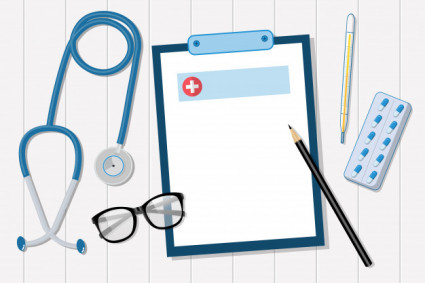Mechanical pressure gauges have an important role in industries including manufacturing and medicine, delivering correct pressure readings for efficiency, compliance, and most importantly, for safety. As with any measurement tool, gauges will become less reliable with age, through wear and tear, and continuous use, and will have to have routine calibration to work accurately and reliably. In this article, we will explore how routine calibration can enhance the performance of mechanical pressure gauges.
1. Ensures Measurement Accuracy
Calibration sets a gauge to a known standard, reducing measurement errors. Through use over time, mechanical components such as the Bourdon tube can experience fatigue, leading to discrepancies in reading. Calibration maintains your gauge's inaccurate reading, preventing expensive mistakes created by incorrect reading of pressure.
2. Increases Equipment Life
Routine calibration will reveal minor faults before a full-blown problem arises. Running a gauge out of its rated range will cause excessive strain to its inner mechanism, shortening its life span. Calibration will have your gauge in its best working state, and its life will be prolonged.
3. Improves Process Efficiency
Accurate pressure measurement helps in controlling processes. Inefficient operations such as incorrect settings, improper flow of fluids, and unnecessary shutdown of a system can occur with wrong gauge readings. Calibration helps in efficient operations, reduces downtime, and enables the free flow of work in industries.
4. Ensures compliance with industry standards
Many industries have accuracy requirements for pressure measurement. Staying in compliance with standards including ISO 9001, ASME, and NIST traceability entails routine calibration. In case of failure to comply, one can suffer penalties, legal repercussions, or compromised product quality. Calibration of gauges keeps one in compliance with industry requirements and a position of trust with regulators and customers.
5. Enhances Security and Mitigates Threats
Pressure gauge inaccuracy can have tremendous safety consequences, for instance, in high-pressure processes in chemical processing, oil and gas, and medical device industries. Over-pressurization, leak, and failure of a system can result in one incorrect reading, jeopardizing both humans and machines. Calibration reduces such risks by offering correct and dependable readings for gauges.
6. Reduces maintenance cost
Uncalibrated pressure gauges can result in system inefficiencies, and excessive wear and tear in equipment, creating unplanned maintenance costs, and even system failure. With preventive calibration, minor inaccuracies can be discovered and addressed early, and in the long term, save maintenance and replacement costs.
Conclusion
Periodic calibration of mechanical gauges isn't a best practice, but a necessity for accuracy, efficiency, compliance, safety, and cost-effectiveness. Organizations that prioritize calibration can speak for themselves about increased performance of equipment, increased productivity, and reduced operational risks. Scheduling routine calibration with a qualified service provider will maintain your gauges in tip-top working condition, and that will work in your best interest and compliance with safety standards.
By investing in routine calibration, industries can make processes for pressure measurement even more reliable, allowing for unobstructed operations and long-term success.






